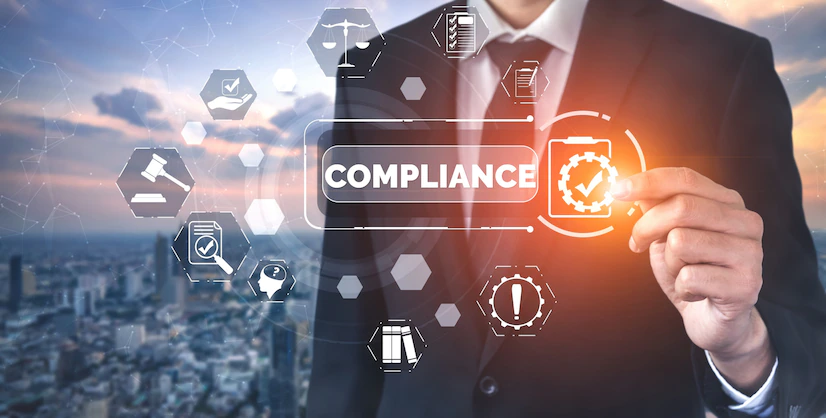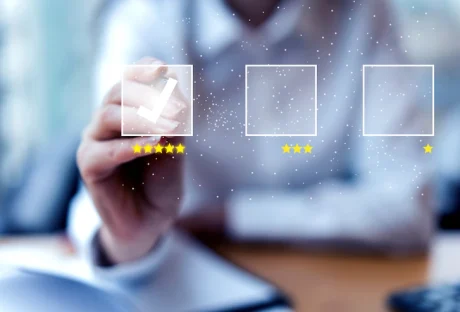In the Human Resources definition, Statutory Compliance is the legal structure which a company must comply with, with regard to the treatment of its employees.
Statutory compliance is relatable to the various types of labor and taxation laws prevalent in different countries.
It is important for a company to comply and keep up with these laws since they are very dynamic and can even change on a month-to-month basis. Thus, it can be highly beneficial to hire or consult with Global Compliance Expertise, especially if a company is multinational and has offices spread throughout various parts of the world.
The following are just a few reasons why statutory compliance is highly important.
Let’s have a look at what is statutory compliance.
What Is Statutory Compliance?
The word statutory compliance means this is related to the rules and the regulation status. Compliance means adherence. Statutory compliance means you are getting adherence along with the other rules and regulations.
Statutory compliance means the legal framework of an organization which is a great way to deal with its employees. In statutory compliance, the legal framework works associated with all types of corporate norms.
In this compliance, everything is included. For example, if any legal penalties and legal complaints are included, these are also applicable here.
1. Legal Penalties

Statutory compliance ensures that an organization can avoid any legal penalties, fines, lawsuits, or other such legal troubles. Being aware of and complying with regulations is the easiest way to ensure that the business faces no additional difficulties and is abiding by the laws.
Legal penalties are an important part of statutory compliance. The facts are every organization has some specific company norms and rules. And these legal penalties are making the business run in a better way. The employees and the employers are aware of the facts about what to do and what not to do.
Note: Potential lawsuits could be highly costly for the organization. Thus, it is best to ensure that such a situation does not occur in the first place.2. Good PR

A company that fully complies with prerequisite regulations is a sign of responsibility and stability. As statutory compliance is related to an organization being able to follow the rules and laws of a country, it is important for the organization to show that it is authentic in its management and legal compliance.
PR compliance is making the company’s process smooth. And both the employee and the employers are aware of the facts about what types of relationships they have to maintain or which is going to be profitable for the company.
Note: An organization that fully follows statutory compliance will have good PR as a result. Organizations are only going to call good organizations if a good PR is applicable to the company policies. For these, the organizations are always concentrating on building better PR and simpler the whole employee and the employer relationships.3. Employee Morale

Employee morale can be boosted by statutory compliance since compliance with the regulations means the company performs efficiently and with good intentions. This improves the morale of employees since there is goodwill being built.
It’s important for companies to build a good reputation, and one aspect of reputation comes in how well the company complies with laws regarding employment and the treatment of employees.
There is a long list of laws in statutory compliance, especially with regard to HR. For larger multinational companies, these laws can vary depending on geographical location.
Note: It can be overwhelming to stay on top of these trends, which is why it might be ideal to employ statutory compliance management. 4. Compliance Is Making Whole Business Process Smooth

Statutory compliance specialization is a key concept in business that allows organizations to be run more effectively. Therefore, it might be ideal for enabling such work with regard to compliance and complex facets of the law to be handled by an external organization that is experienced and has expertise.
OSHRS is one such organization offering various solutions and global compliance expertise for a myriad of countries, including Australia, China, India, Indonesia, Japan, Malaysia, the Philippines, Thailand, and more.
Note: Employing the services of an organization with expertise in statutory compliance in HR is highly beneficial for avoiding legal penalties, good PR, and boosting employee morale. Wrapping Things Up:
Every company has its own statutory compliance. Based on corporate law and company policies, these compliance are applied.
These are the main benefits of having statutory compliance in the company. So what is your opinion? Do you think statutory compliance is developing a clearer relationship between employees and employers?
Then you can share your opinion through the comment sections.
Additionals:























All Comments
codice di riferimento binance
Thanks for sharing. I read many of your blog posts, cool, your blog is very good.